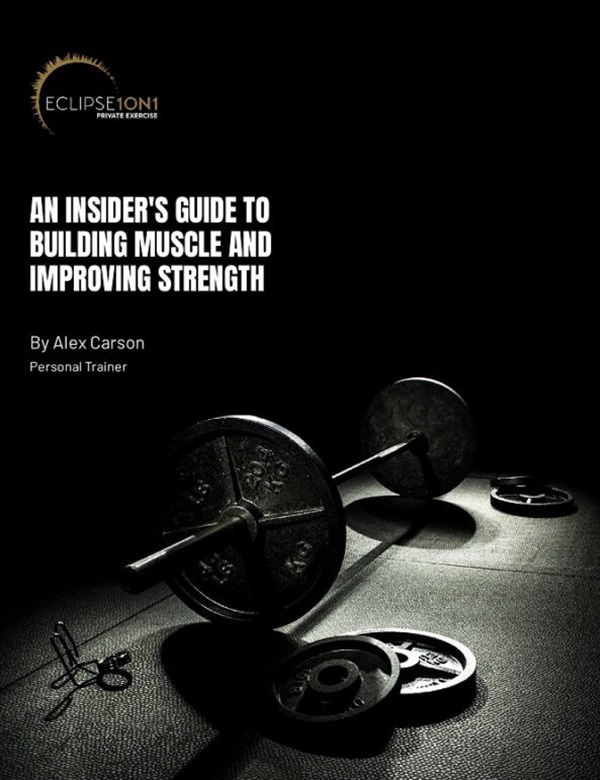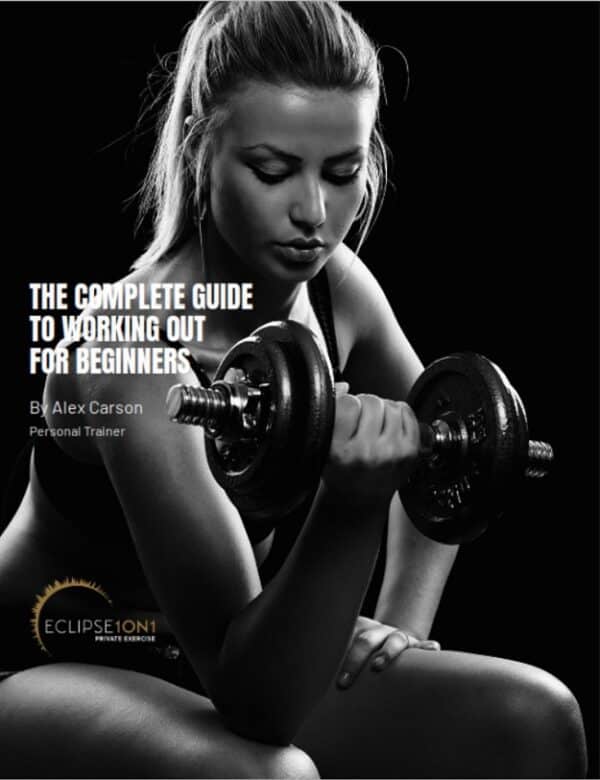How Fitness Helps with Mental Health
How Fitness Helps with Mental Health
Asked recently what the best form of exercise for mental health is, a noted authority answered, “Everything.”
What’s more, the benefits accrue at every level of well-being, physical, mental, and emotional. From self-esteem to our ability to think clearly, the processes that bring fitness to the body do a world of good for the mind and spirit, too. Moods are lifted, anxiety is relieved, depression is reduced, and the confidence to enjoy life is strengthened, at least as much as the body’s ability to perform.
The benefits are so all-around that it seems almost artificial to divide them up into categories, but just because the view is familiar, let’s look at them through the two lenses of body and mind.
The Kinetic Effects
Exercise itself stimulates oxygen to the brain, supporting the brain’s natural ability to renew itself. New neural pathways, and even new brain cells, are being formed through every stage of life, and that process needs circulation as much as it needs nutrition. Did you know that it takes every bit of one-fifth of the body’s resting metabolic rate to power the brain? That doesn’t mean that thinking more will burn significantly more calories, but it does surprise people to know how much fuel the brain itself demands. To provide that fuel with the circulation and oxygen that puts it to work, exercise yields direct benefits.
The awareness of efficacy – noticing how well your body is working – contributes to mental health. When your physical feedback from the world includes seeing that you can do what you set out to do – lift that, walk that, accomplish that – the kinetic experience comes to roost in the mind as confidence and capability.
The State of Mind
And that brings us to the things that you can’t touch, but which we know are no less real. What does well-being mean? A blood pressure that’s in range? Taking the stairs without huffing and puffing? Fitting in to that suit or dress that belongs to one of your favorite times of life? Well, in addition to a state we call peace of mind, there are even more specific benefits on this list of “solid intangibles.”
Research confirms that our moods improve, and we become more resilient to stress. Memory gets better, and even moderate exercise is shown to increase a part of the brain that’s devoted to learning and memory. (It’s our favorite name for a brain part, too, “the hippocampus.” Can’t you just see the big beasts carrying their books to class?)
Social skills improve when we exercise and feel better about ourselves. Team sports, especially, have been shown to improve empathy and leadership qualities, and how would you take part in team sports without fitness? We even get better at sleeping when we exercise. Strength exercise, especially, has been shown to leave our bodies better able to get to sleep and stay asleep. And you know how a good night’s sleep can improve your mental outlook.
Sharing these mental health benefits is a big part of what makes our work at Eclipse 1-on-1 so rewarding. Each of our accomplished personal trainers is as invested in your success as you are, so come and share in the satisfaction and well-being. Let’s get acquainted.








